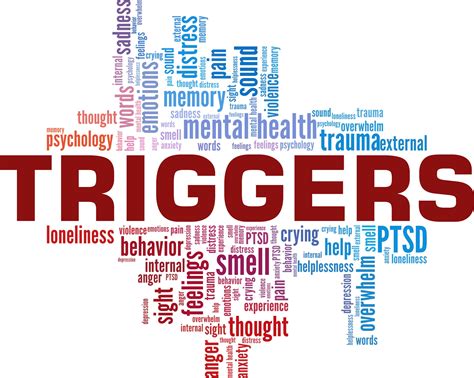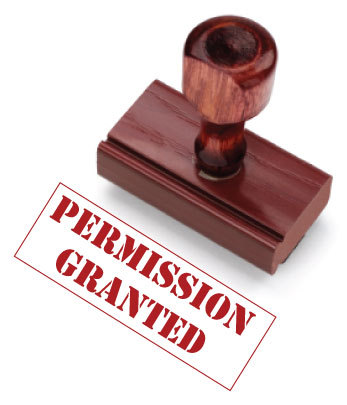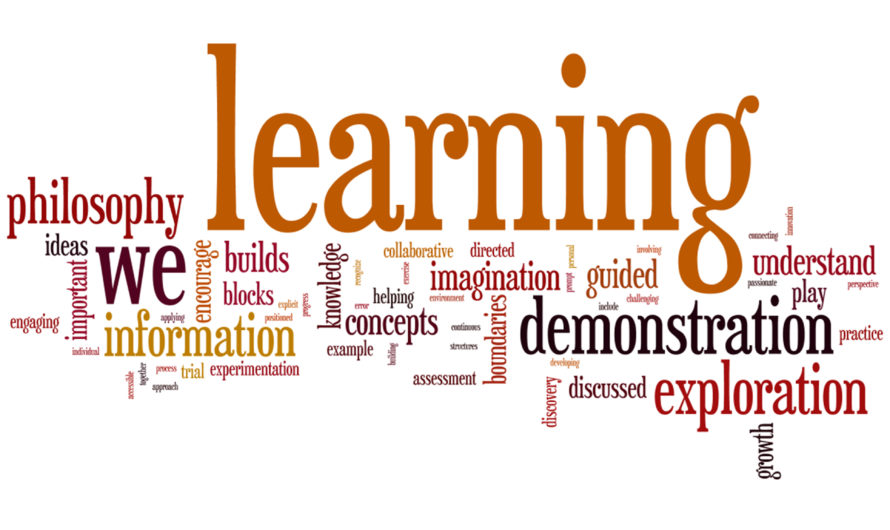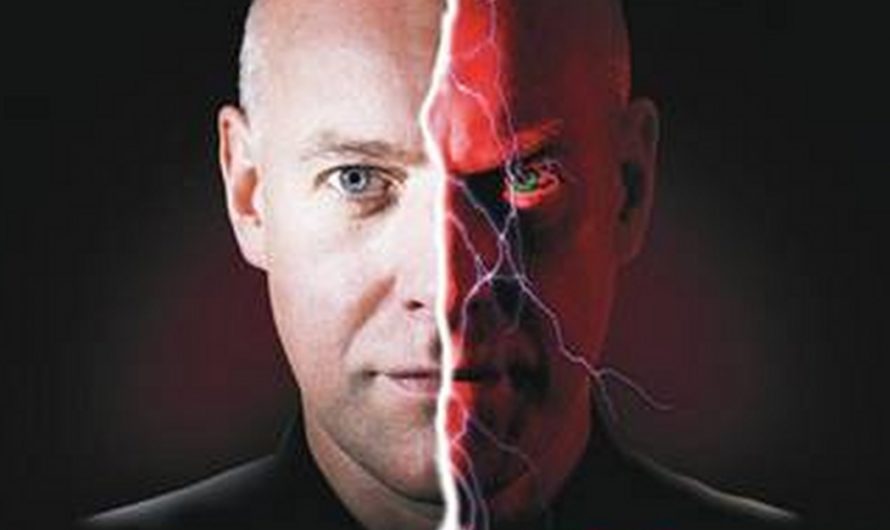Tag: Learner/Researcher
Whoa, Trigger!!
From Volume 17, Issue 8: Trigger events are situations that evoke intense emotional responses, often leading to impulsive or less-than-productive behaviors.
A Breath of Fresh AIR
From Volume 17, Issue 6: I’ve heard the phrase “being the adult in the room” to describe someone who exhibits leadership, responsibility, and emotional maturity in a situation.
The significance of insignificance
From Volume 16, Issue 1: “We are completely insignificant in the universe—except to each other, now.” (Borrowed from a movie and revised slightly by me.)
We may look at the smallest creatures—insects, perhaps—as insignificant. I can either assertively or accidentally step on one, thus disrupting a genetic chain. He or she will have no prodigy, and I did that!
You have the power to inspire
From Volume 16, Issue 1:
Child-like? Or child-ish?
From Volume 16, Issue 7: Most of us can be and have been both Jekyll and Hyde. But why do we present ourselves so differently at different times? And so extremely?
Permission
From Volume 16, Issue 3: It’s virtually impossible for me to learn something (add or change a belief, initiate or learn a skill, etc.) when I believe I know the subject matter. Almost inevitably I will take the information that someone is trying to teach me and compare it against what I already know. And then, with no motivation to do otherwise, I’ll discount it, or even argue with it either covertly or overtly.
Learning to learn
From Volume 16, Issue 2:Every one of us owns a pool of knowledge. It’s the sum and total of everything we’ve learned to date. We probably know hundreds of thousands of….things. Not only things, but how these things interact. And what they mean to us
Resolve to Not Resolve
From Volume 16, Issue 1:So your New Years’ resolution didn’t work? Want to know why?
There are two schools of thought about how we act in such situations.
Coach or advisor? Is there a difference?
From Volume 15, Issue 9:Sometimes when being approached by a prospective new project, I’m not sure the person I’m interviewing (or who’s interviewing me) sees or understands the difference between a coach or advisor. I’ll try to explain that here.





